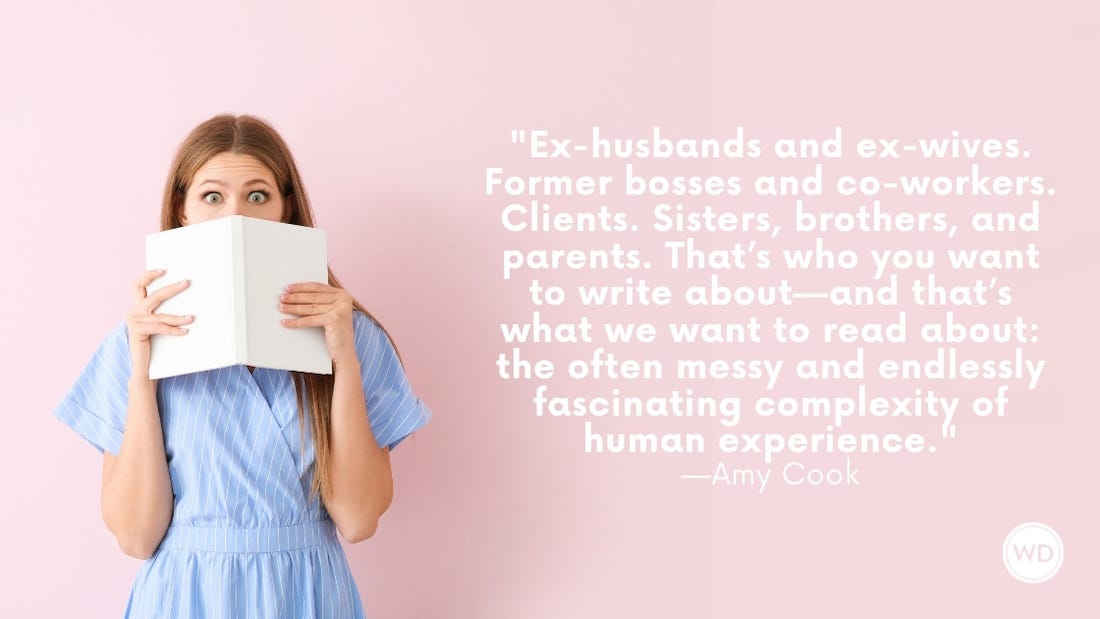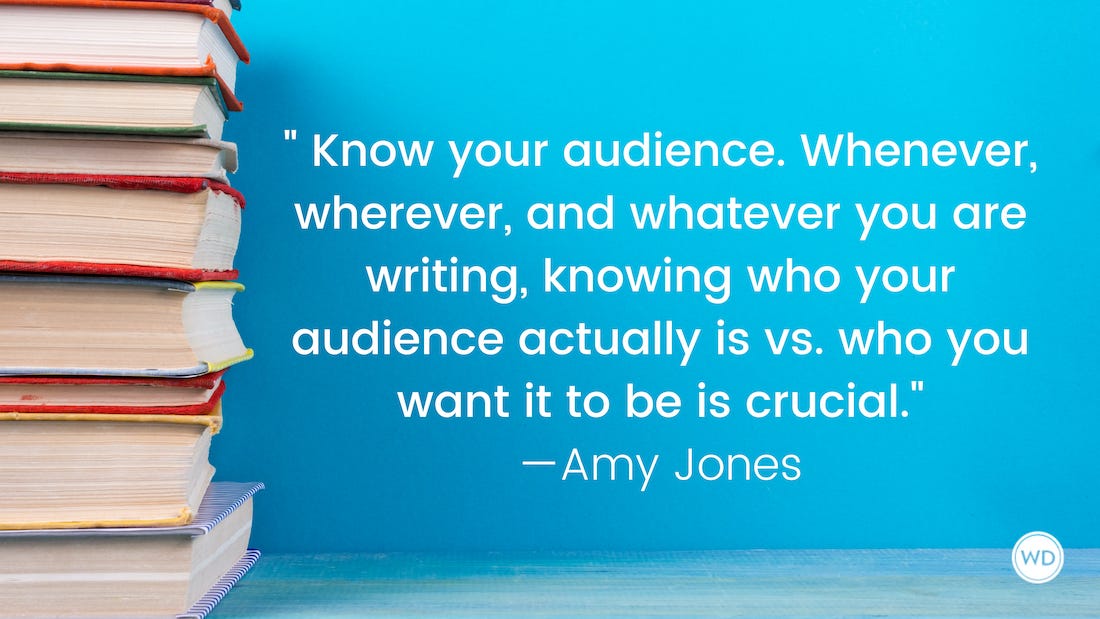Keeping the Writing Faith: How to STOP Writing
Jennifer Haupt discusses why it’s sometimes beneficial to stop writing—that is, to step back from your work-in-progress in order to maintain your motivation and find a more productive path forward.
The following article is the third in a five-part series of articles by Jennifer Haupt. In this installment, she discusses why it's sometimes beneficial to stop writing—that is, to step back from your work-in-progress in order to maintain your motivation and find a more productive path forward.
We all know that crossing the finish line of a manuscript requires marathon of writing, page after page, every day. Sometimes, though, the best thing you can do for your WIP is to put it aside for a few days, weeks, or even years. I learned this the hard way during the 11 years I worked on my debut novel, In the Shadow of 10,000 Hills.
There were stretches when I dreaded waking up to my characters and their stalled stories. I sat at my desk, stared at my computer, and tortured myself with self-doubt and resistance. I wrote entire chapters, knowing that the overall structure of the novel wasn’t holding together. None of this was good for my soul or my book. Here are six strategies for how and when to stop writing that may save you time and misery.
Give yourself permission to take a break.
The biggest lesson I learned is that creativity simply can’t be forced. It seemed that the harder I tried, the more I grew to despise my WIP. There was a point when I was so discouraged and zapped of energy that I put my manuscript in a drawer for two years. Since then, I’ve made a habit of taking short breaks—before I totally burn out.
Put aside your WIP with love.
I’m a firm believer that intent does matter. When faced with a sticky plot twist, I may print out 50 pages, wrap them in yellow tissue paper, and then place them in a drawer for a few days. This act of compassion for myself and my art feels a lot better than beating myself up for being stuck.
Replenish your creative energy.
In retrospect, my single-minded devotion to my novel for six years probably led to the need to completely put it aside for two years. I developed a penchant for psychedelic coloring books, treating myself to colored pencils and magic markers, learning to draw outside the lines. I cultivated a shade garden in a spot where I had always assumed nothing would grow. I changed up my exercise routine to include more time in nature and less time at the gym. All of these activities provided nourishment for the novel resting in a drawer.
Keep writing—and learning.
There comes a time when it’s futile to carve up a manuscript for the fourth or sixth time. One of the most productive things I did during the two-year hiatus from my WIP was writing a draft of an entirely new novel. I invested in workshops and hired a consulting editor when I could afford to. I read and underlined passages I wished I had written in other novels, and then collected them in a notebook as examples I could mimic with my own words. I traded pages with a few trusted friends. In short: I upped my skills and then I was ready to tackle my first novel again. The best part: Now that In the Shadow of 10,000 Hills has been published, I have a second novel in the works!
Put a clock on your time-out.
When I set aside my WIP the first few times, I worried that I would abandon it for good. It’s helpful for me to set a begin-again date even if it seems arbitrary, simply for peace of mind.
The truth is, your gut will tell you when to take a time-out from your WIP, and when to pick it up again. It’s all about making a commitment—and keeping the writing faith.
Online Course: Creativity & Expression
Jennifer Haupt is the editor/curator of Alone Together: Stories of Love, Grief, and Comfort in the Time of COVID-19. Haupt's essays and articles have been published in O, The Oprah Magazine, Parenting, The Rumpus, Spirituality & Health, The Sun, and many other publications. She also curates the popular Psychology Today blog, "One True Thing," a collection of essays and interviews for authors and readers. Her debut novel, In the Shadow of 10,000 Hills, was awarded the Foreword Reviews Bronze Indie Award for Historical Fiction. Haupt lives in Seattle, and teaches at Hugo House and elsewhere.








